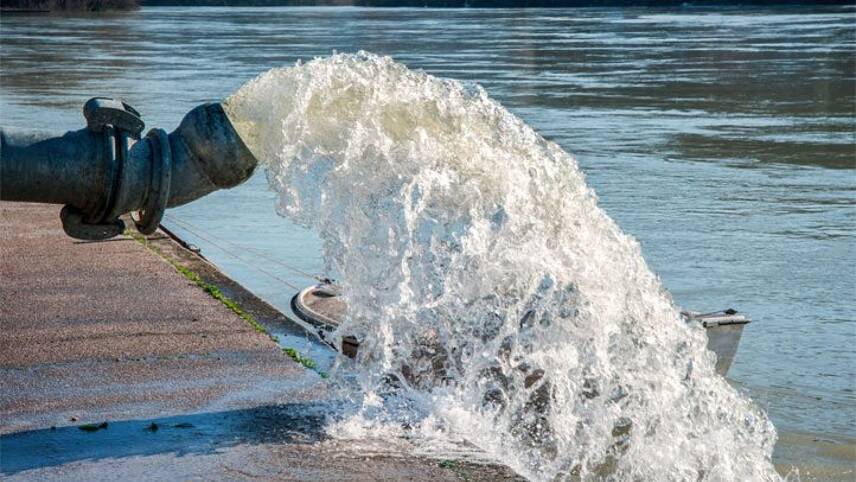Register for free and continue reading
Join our growing army of changemakers and get unlimited access to our premium content

Ceres launched the Valuing Water Finance Initiative on Tuesday (16 August), gaining the backing of major investors in the process.
The initiative will engage with 72 of the world’s biggest companies, including Unilever, Nestle, Danone and Amazon, to offer new guidelines to act on water-related issues. The Valuing Water Finance Initiative will examine corporates across a broad spectrum of issues ranging from water quality and scarcity based on their locations, how they protect and improve ecosystems and whether they improve access to water and sanitation. Corporates will also be engaged around board-level oversight of water issues and public policy engagement.
“The water crisis is playing out across the US and around the world in many ways, from severe drought and pollution to inadequate access to safe drinking water, all of which disproportionately impact our most vulnerable communities,” Ceres’ chief executive Mindy Lubber said.
“The private sector must recognise water’s importance for their institutions and investments lest they further expose themselves and society to increased material water risk. We are grateful to see so many investors signing on to the Ceres Valuing Water Finance Initiative at its launch, but we need more investors to step up and join us in supporting the Corporate Expectations for Valuing Water and engaging with the companies they own on water stewardship.”
The initiative prioritises action against the aforementioned topics and aligns with Ceres’ Corporate Expectations for Valuing Water, which is informed by scientific evidence that aligns with the United Nation’s 2030 Sustainable Development Goal for Water (SDG6) and supports the aims of the Ceres Roadmap 2030.
The six action points, which Ceres claims are steeped in scientific evidence on the need for action, have been guided by an advisory council of major investors including members of the Valuing Water Finance Task Force. Members include ACTIAM, AustralianSuper, California State Controller Betty T. Yee, New York City Comptroller Brand Lander and PGGM Investments, among others.
Cause for action
At COP26 last year, CDP revealed that it had developed the first water risk reporting framework for financial institutions, with the framework due to be issued to 700 of the world’s largest publicly listed firms next spring.
CDP collected water-related data from 2,934 businesses in 2020, representing 67% of all listed companies globally. But levels of disclosure remained mixed, hampering the financial sector’s ability to draw meaningful comparisons. Private investors managing $110trn of assets collectively support CDP’s water security questionnaire, with the organisation also stating that 66 central banks are now measuring water risks from corporates. However, 70% of financial institutions engaged with CDP either did not respond or indicated that they do not assess water risks for any of their portfolios, with a lack of data access being a key barrier.
Companies across the food, beverage, chemicals, fashion, mining, energy and oil and gas sectors are responsible for or have influence over 70% of the world’s water use, CDP has emphasised.
CDP has since tracked the exposure of financial institutions in relation to water risks. The research warns that changes to regulations, high levels of contamination and pollution and community opposition to some major projects are causing some investments to be deemed stranded assets.
The research, which focused on the oil & gas, electric utilities, coal, and metals & mining sectors, found that $13.5bn in assets are considered stranded on water grounds, with a further $2bn at risk.
CDP has previously warned that some $301bn of business value is at risk because of water stewardship challenges, yet it would take corporates just $55bn to deliver appropriate mitigation and adaptation initiatives.


Please login or Register to leave a comment.